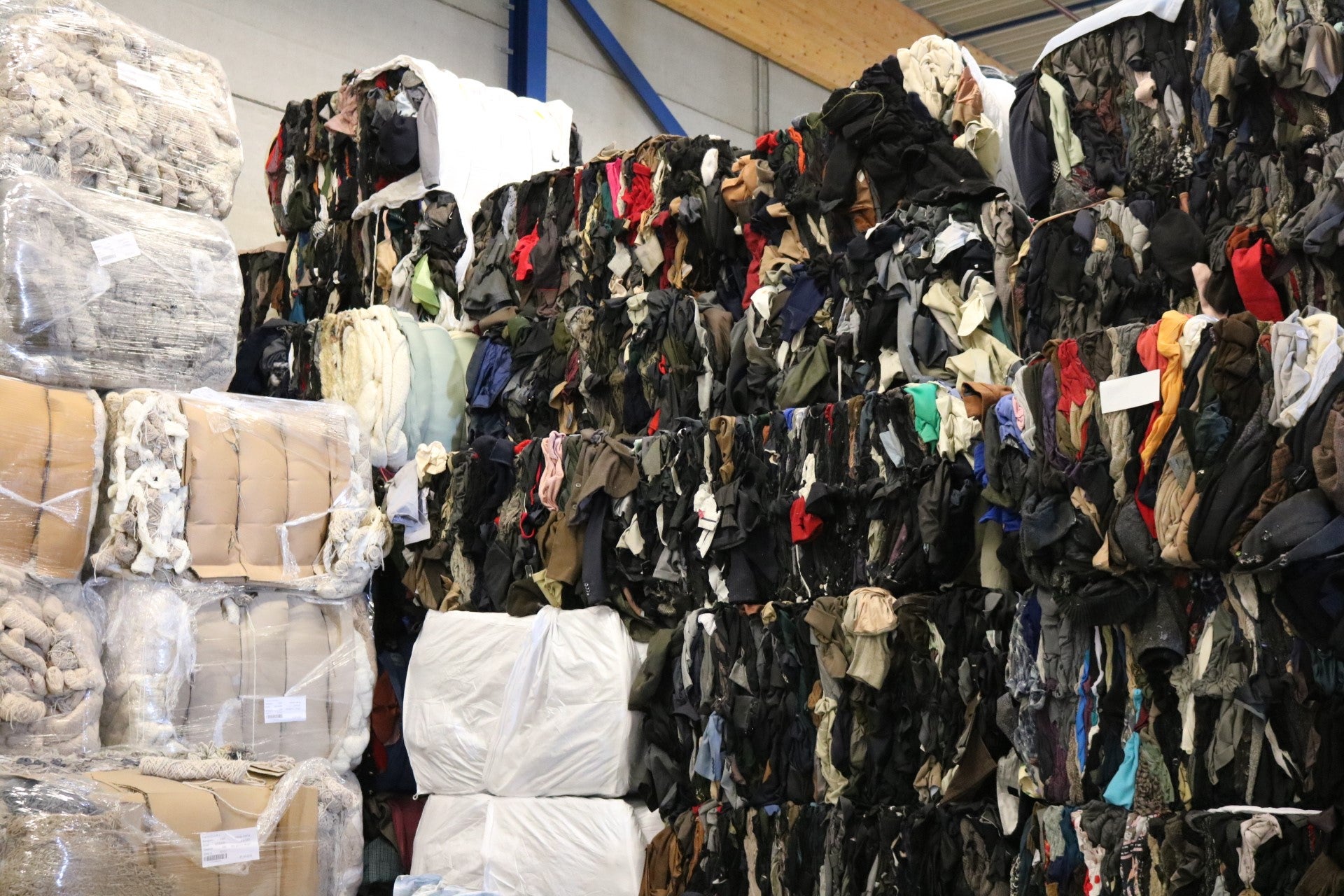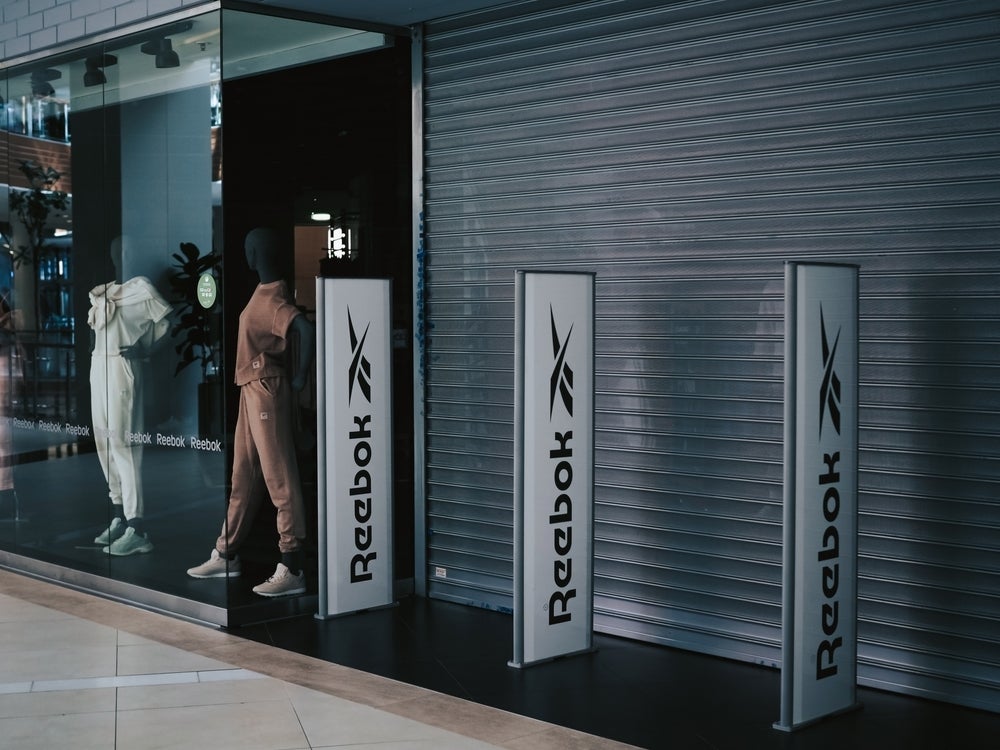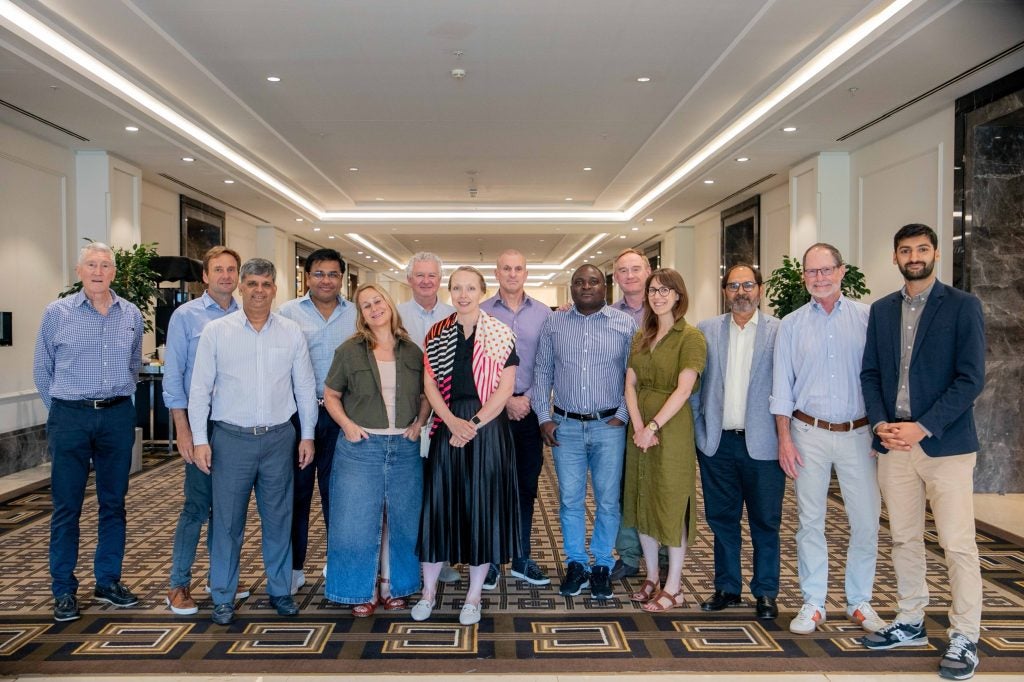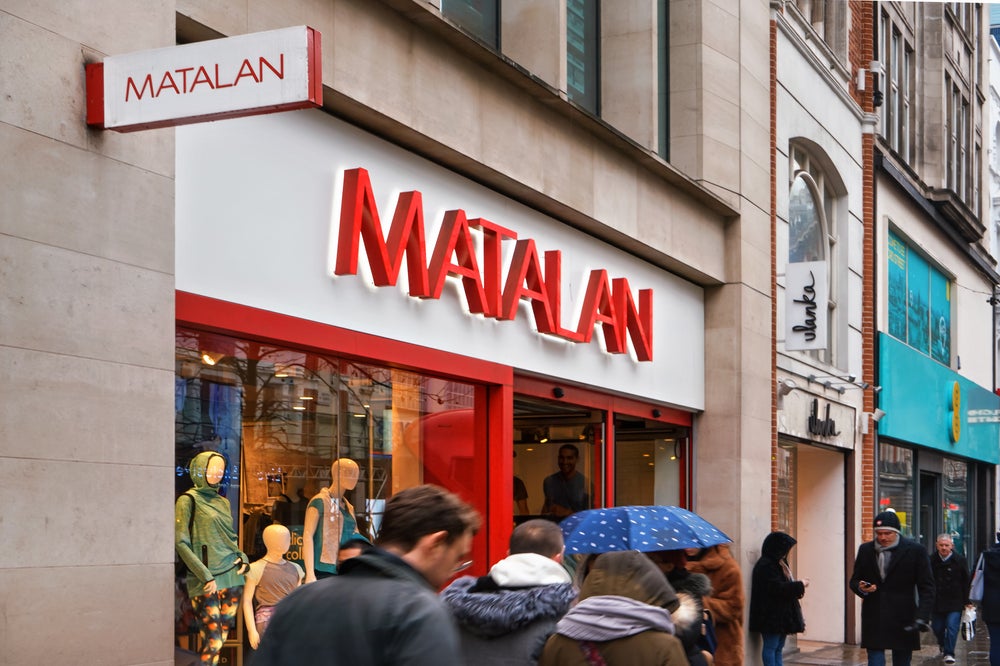
The three-year EU Cotton Project, which counts adidas and H&M as its partners, says it has successfully completed the first half of its programme, demonstrating implementation of the entire value chain.
Consortium leader Infinited Fiber Company (IFC) says it is now producing its Infinna recycled fibre from waste materials. Adidas and H&M will launch new products using the fibre in their autumn/winter 2022 collections. They will be the first to be produced through a collaborative consortium dedicated to demonstrating the potential of a circular model for commercial garment production, testing a new, innovative, and more sustainable way of working.
The results of the project have been revealed in a white paper today (28 July), which explores the benefits of the circular economy and its potential for the fashion industry.
Scheduled across a three-year timeline, the consortium set out to collect and sort end-of-life textiles, which using pioneering Infinited Fiber technology could be regenerated into a new man-made cellulosic fibre called Infinna, which looks and feels just like virgin cotton.
The midway point sees the consortium celebrate the successful implementation of the entire value chain from textile sorting to the production of garment samples. The textiles sorting and mechanical processing phase of the project has been completed by Frankenhuis, which analysed fabric composition of sorted textiles and explored pre-processing techniques to identify the correct feedstock for the Infinited Fiber Company process. These initial steps were supported by REvolve Waste, whose ongoing work to map the location and content of textiles waste across Europe will continue through-out the project.
The initial batches of Infinna were processed by manufacturers Kipas, Inovafil and Tekstina to test and produce high-value yarns and fabric in order to run quality checks and test dyeability, which has yielded highly positive results. Adidas and H&M successfully tested and developed styles made with the unique fabric and are now preparing for the commercial production run.
How well do you really know your competitors?
Access the most comprehensive Company Profiles on the market, powered by GlobalData. Save hours of research. Gain competitive edge.

Thank you!
Your download email will arrive shortly
Not ready to buy yet? Download a free sample
We are confident about the unique quality of our Company Profiles. However, we want you to make the most beneficial decision for your business, so we offer a free sample that you can download by submitting the below form
By GlobalDataThe Project, launched in 2020, aims to answer the challenges laid out by the EU in driving adoption of the circular economy within the textiles sector. As such, the consortium has brought together twelve players from across the manufacturing value chain along with leading research institutes. The initiative set out to harness technology and collaboration to demonstrate a potential circular model for commercial garment production.
The process to date has highlighted a number of challenges and opportunities for the future of closed-loop end-of-life solutions in textiles:
- Fibre identification technologies in recycling have limitations and there is a lack of a unified way to sort.
- Mandatory reporting requirements for fibre composition in textile products help to assess the recyclability of materials on the market in a more reliable way.
- New ways of communicating and working through-out the value chain need to be implemented to build closer collaboration between designers, sorting facilities and recycling technologies.
- An Adidas quantitative consumer survey conducted across three key markets reveals there is still a lack of understanding around circularity in the context of textiles highlighting a need for greater ongoing consumer education.
- The Adidas survey also revealed that more than half of consumers want to engage with brand-independent take-back schemes, with Adidas’ garments from this project designed to be ‘Made To Be Remade” and included in its circular services return programme.
- The survey also highlighted an overall positive perception of recycled fabrics, and willingness to accept differences in recycled fabric, indicating that a larger offer of recycled clothing will be well received in the market.
With the Project now entering its second phase, the consortium aims to focus on data collection and analysis in order to highlight relevant insights for the industry, which will be disseminated by Fashion for Good. RISE will also develop the Life Cycle Assessment, identifying progress opportunities to further develop the concept.
Click here to watch a video explaining the project in more detail, and here for more information on the project.
H&M recently invested in cotton agriculture technology company Materra, which is working to revolutionise the cotton industry.







